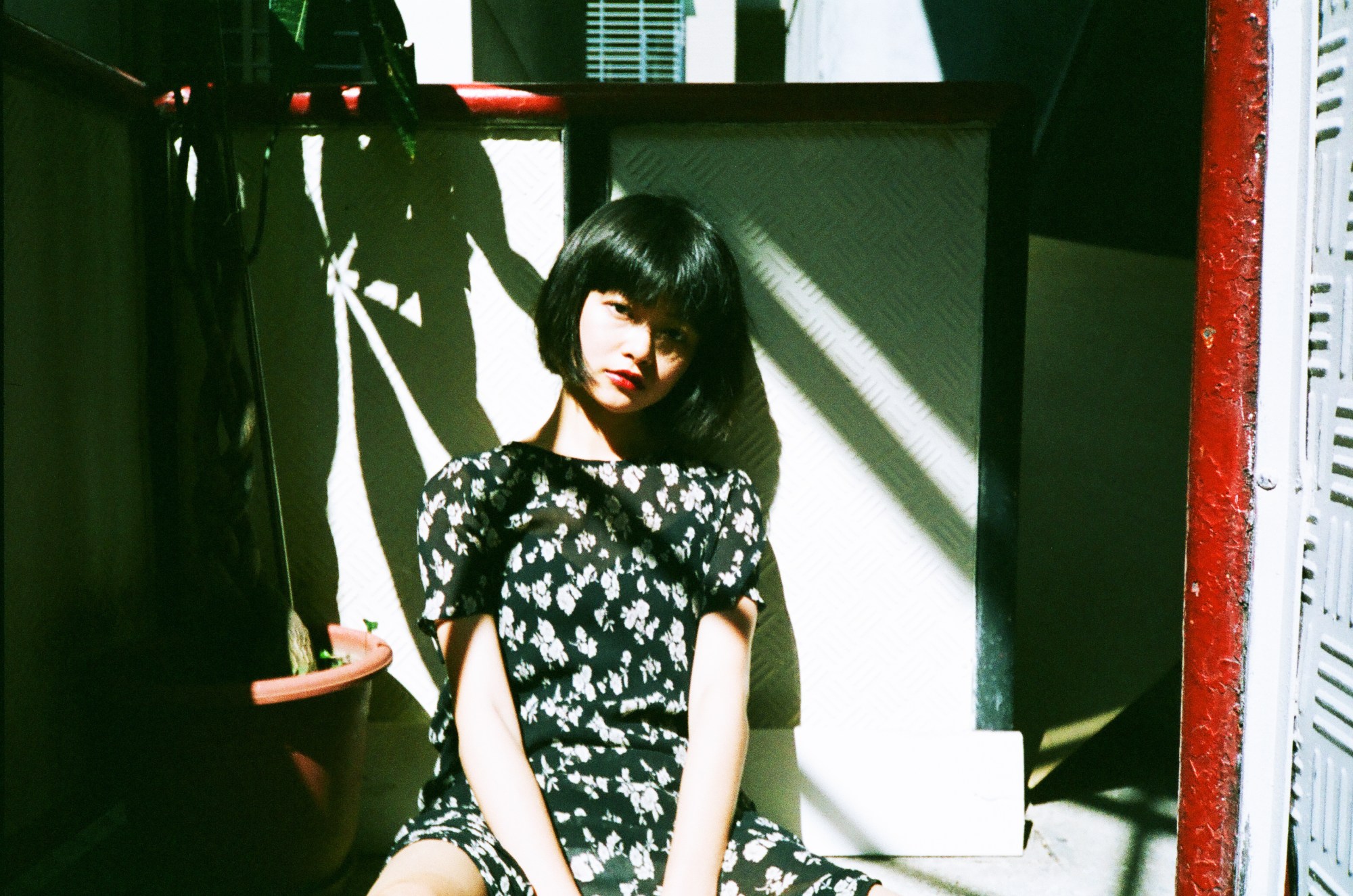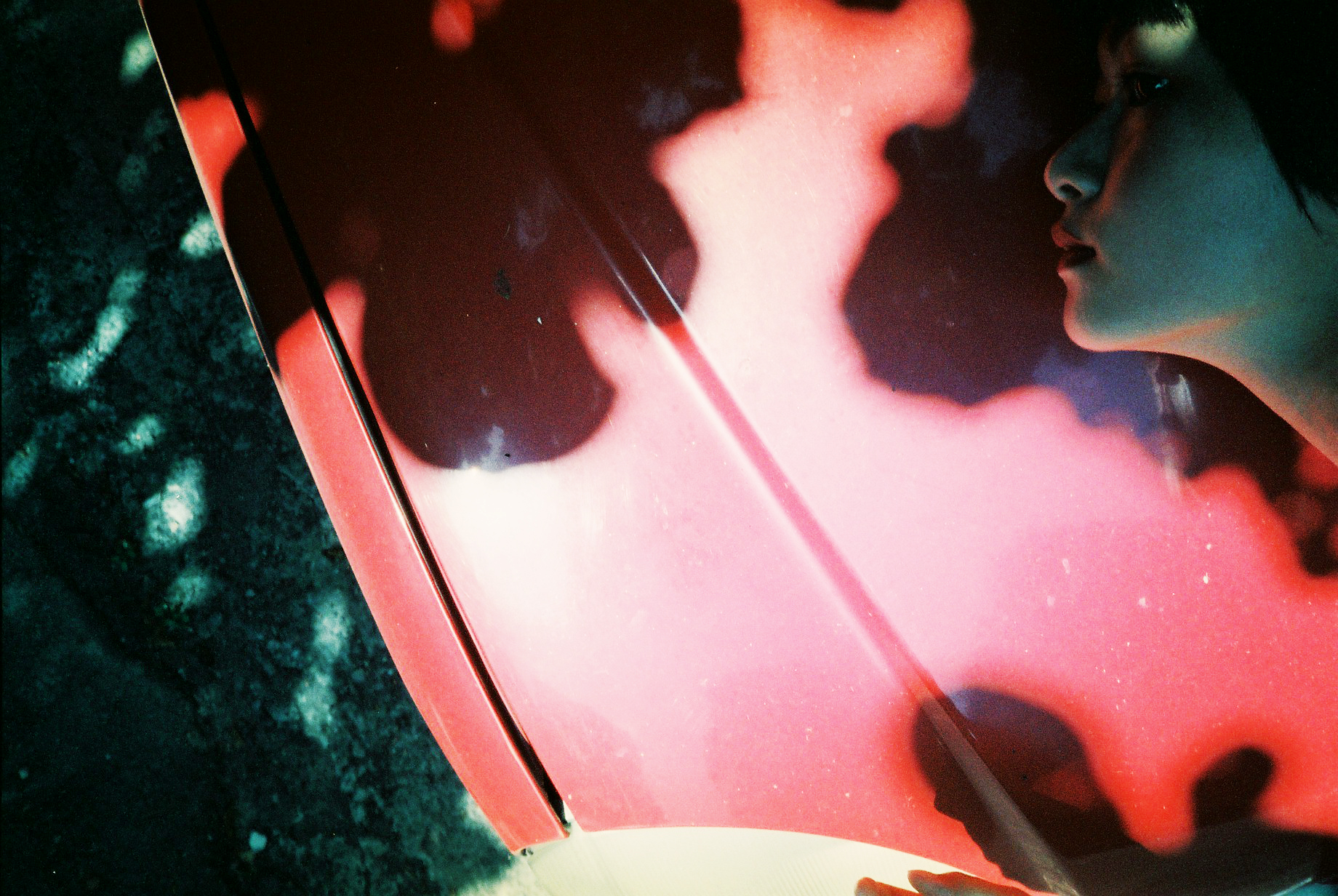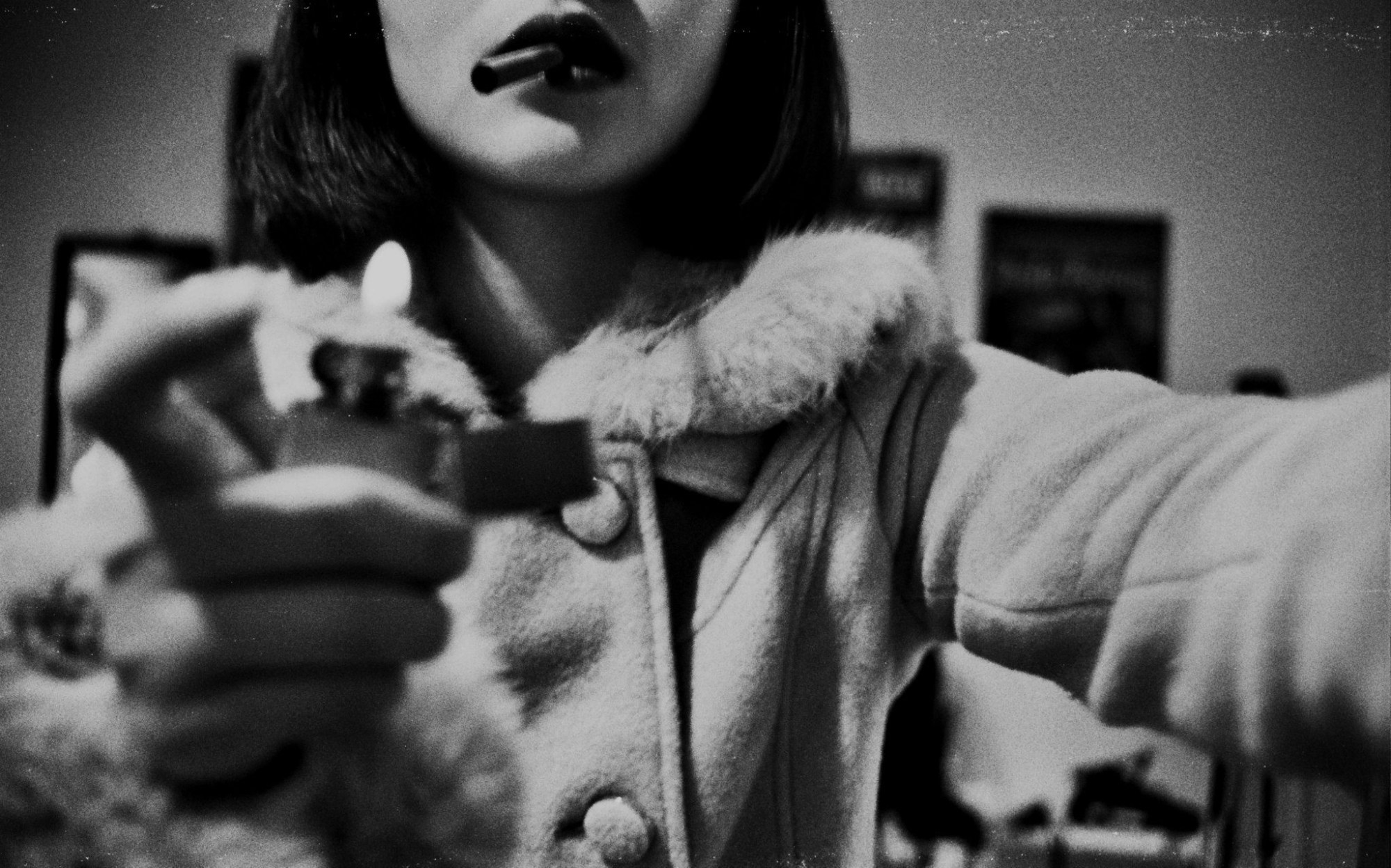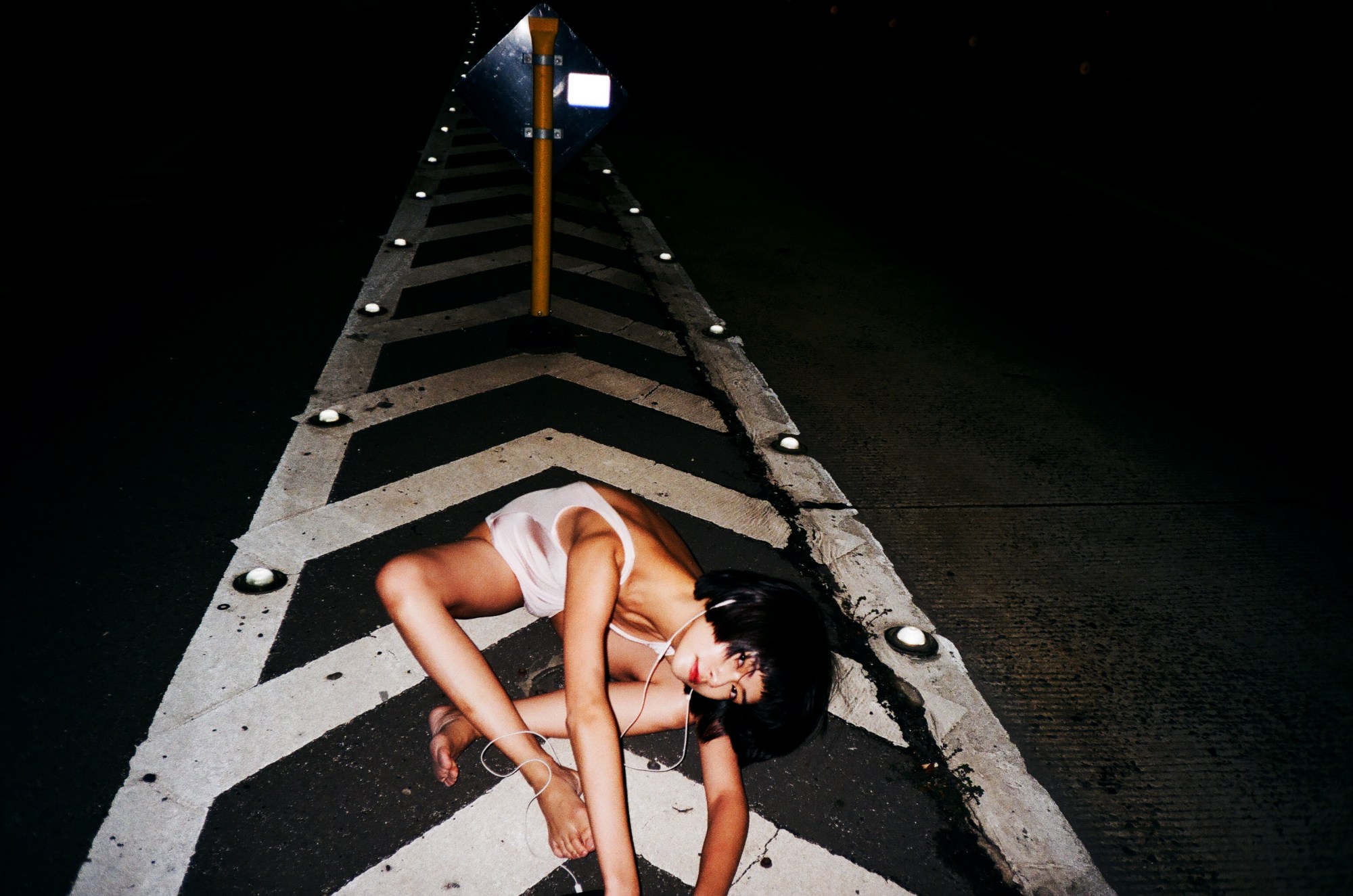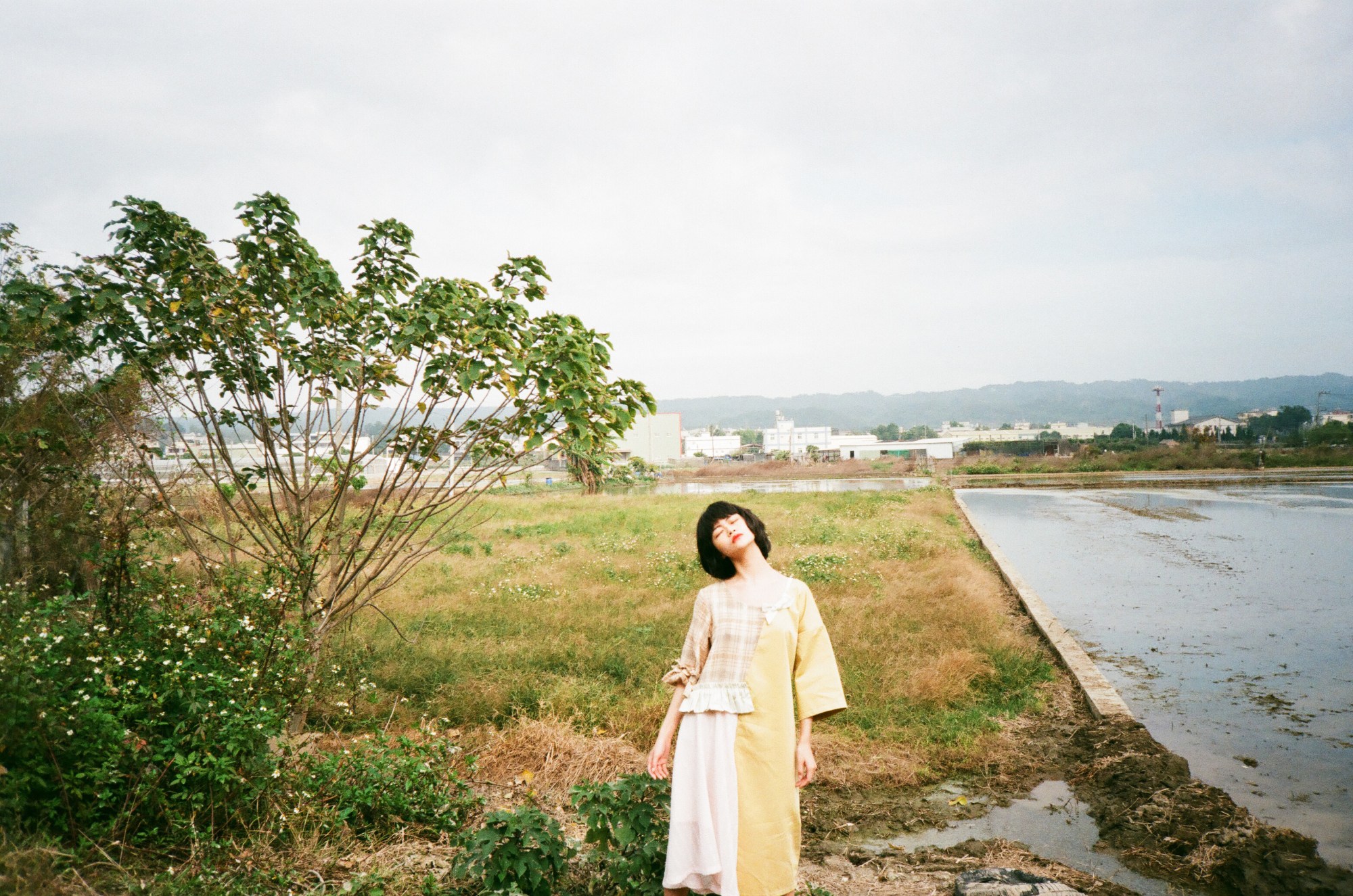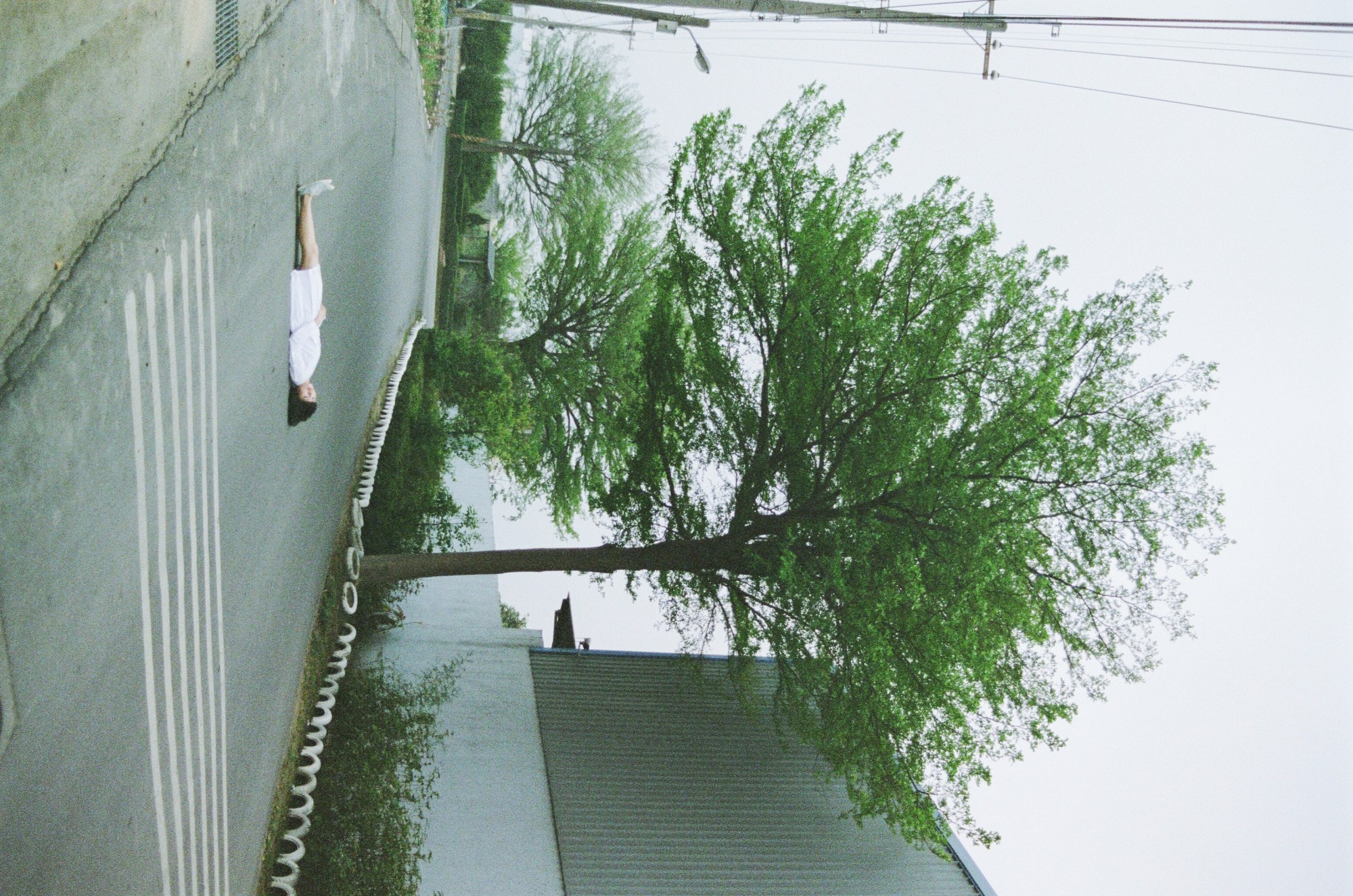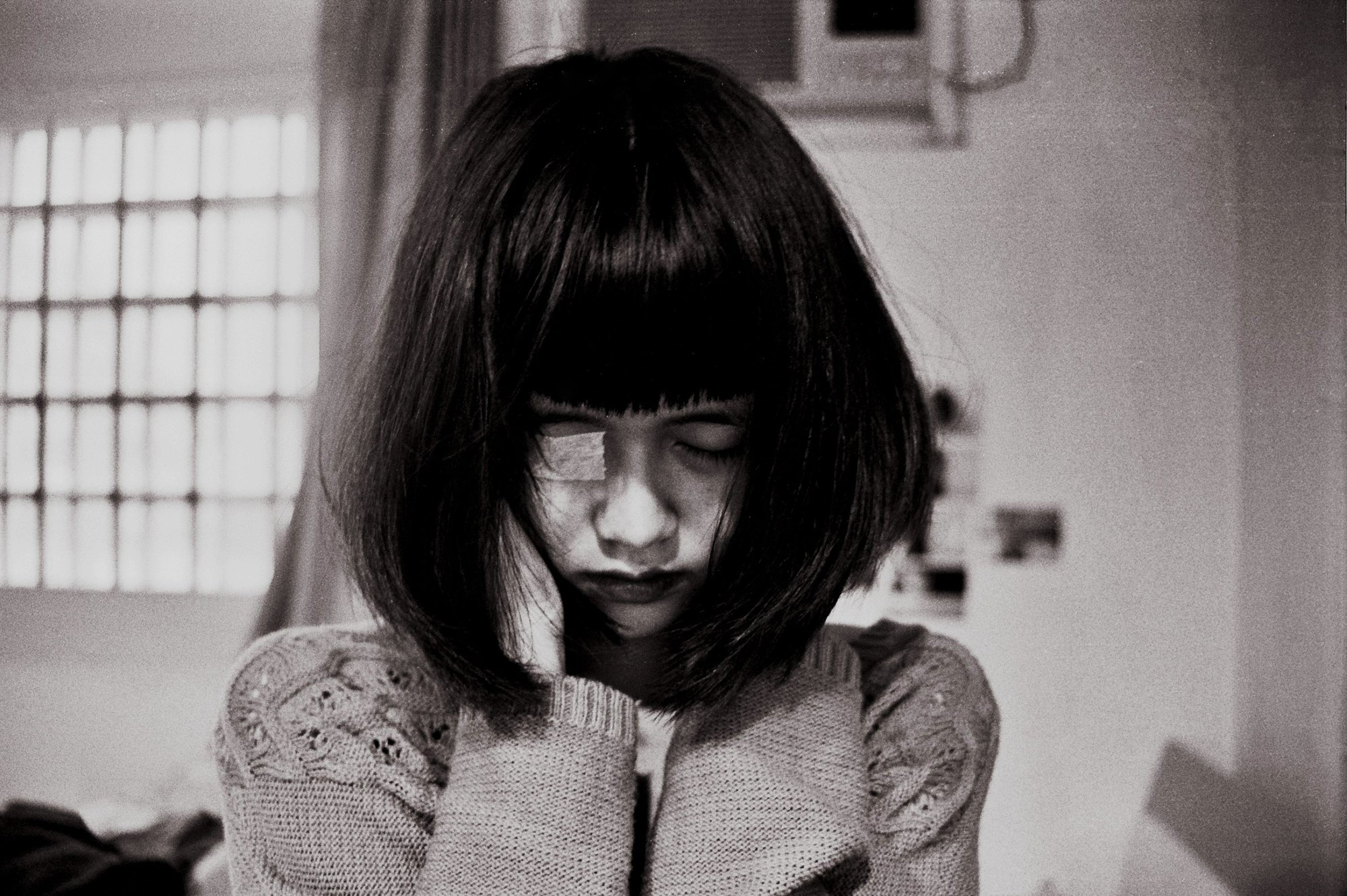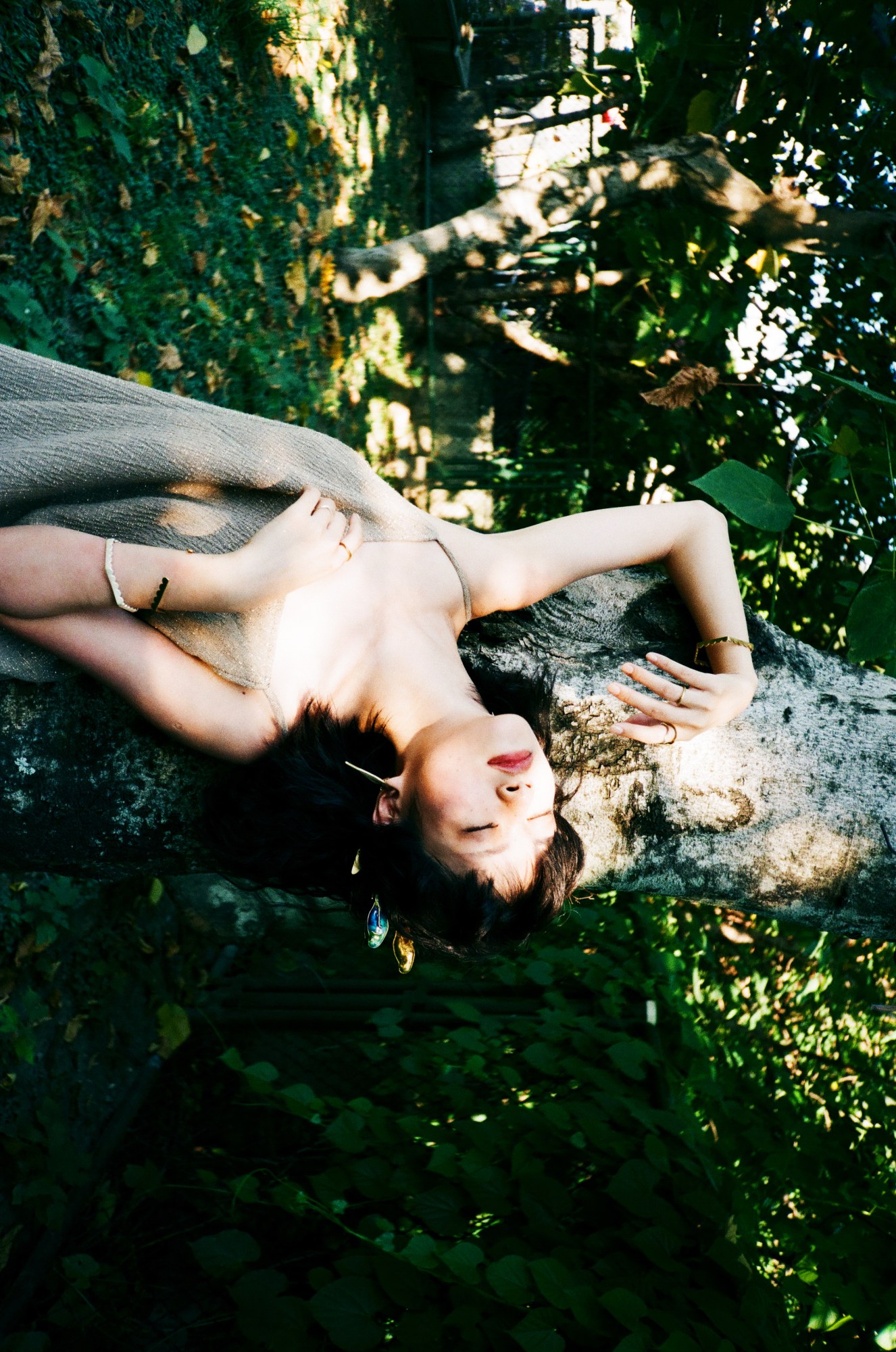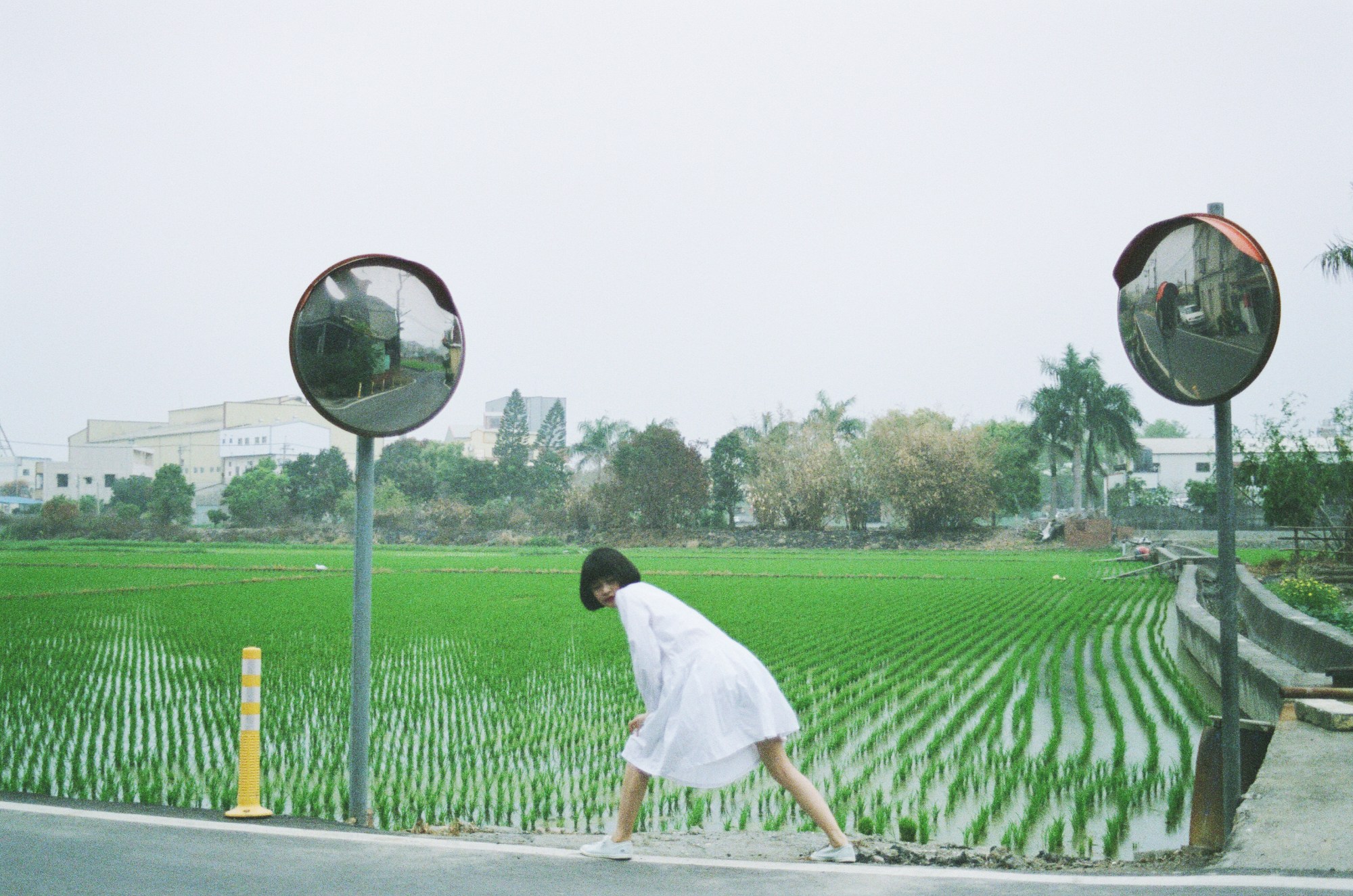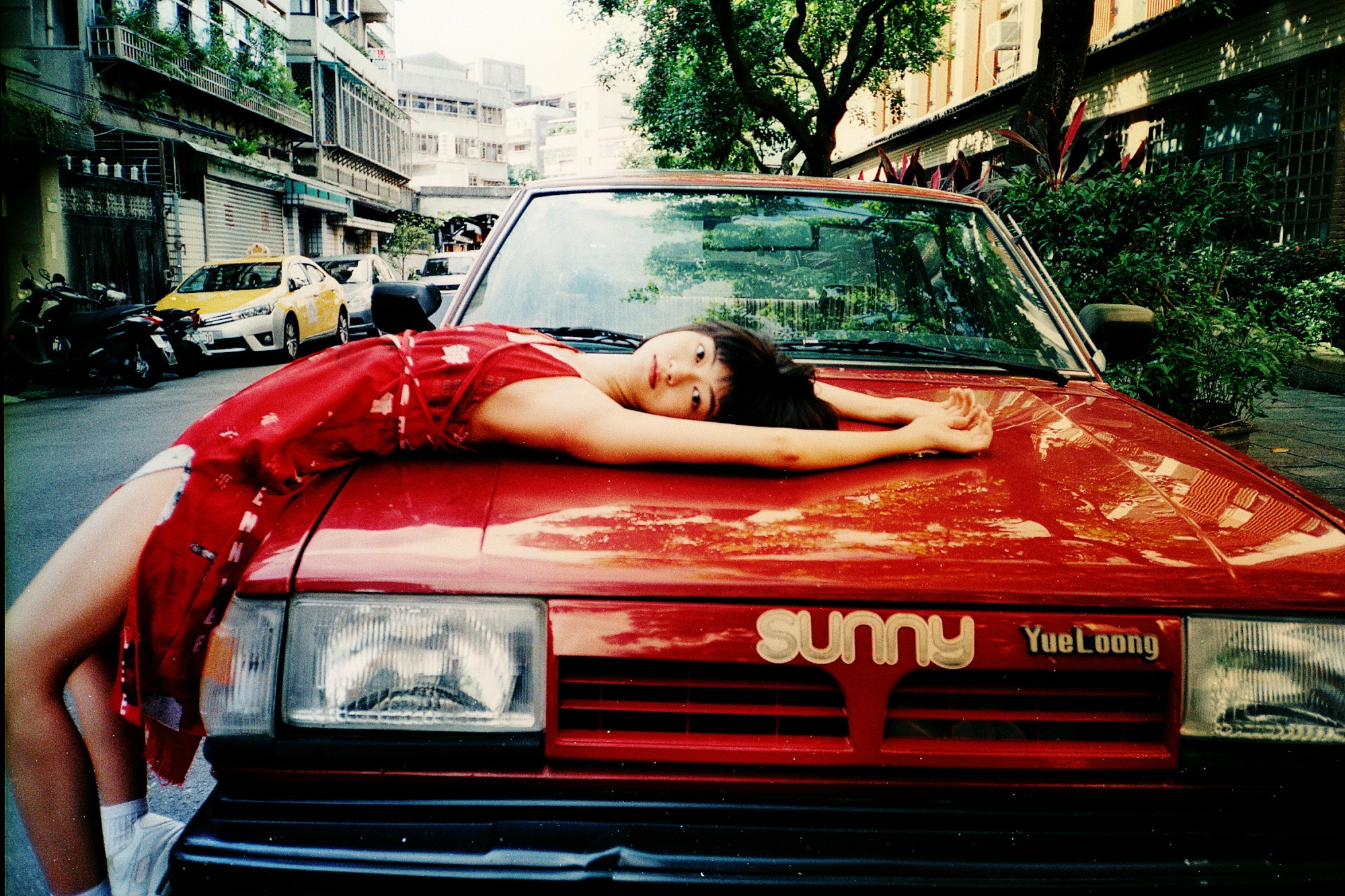It was in the early Renaissance that artists really began experimenting with self-portraiture, as mirrors improved. Ever since, generations of artists have used their own bodies as muses to explore identity. Sarah Lucas used humor to challenge sexual stereotypes and conventional morals. While Frida Kahlo came to terms with her own physical and psychological suffering by painting herself from her bed. Today, Taiwanese photographer Chih Han Yang turns the camera on herself too — capturing the beauty she finds in the ordinary. In her rural hometown of Huatuan, she finds a tranquility and vitality, that’s almost poetic. While in Taipei, where she currently lives and studies, there’s an energy amid the busy shopping streets, colonial buildings and high rise towers.
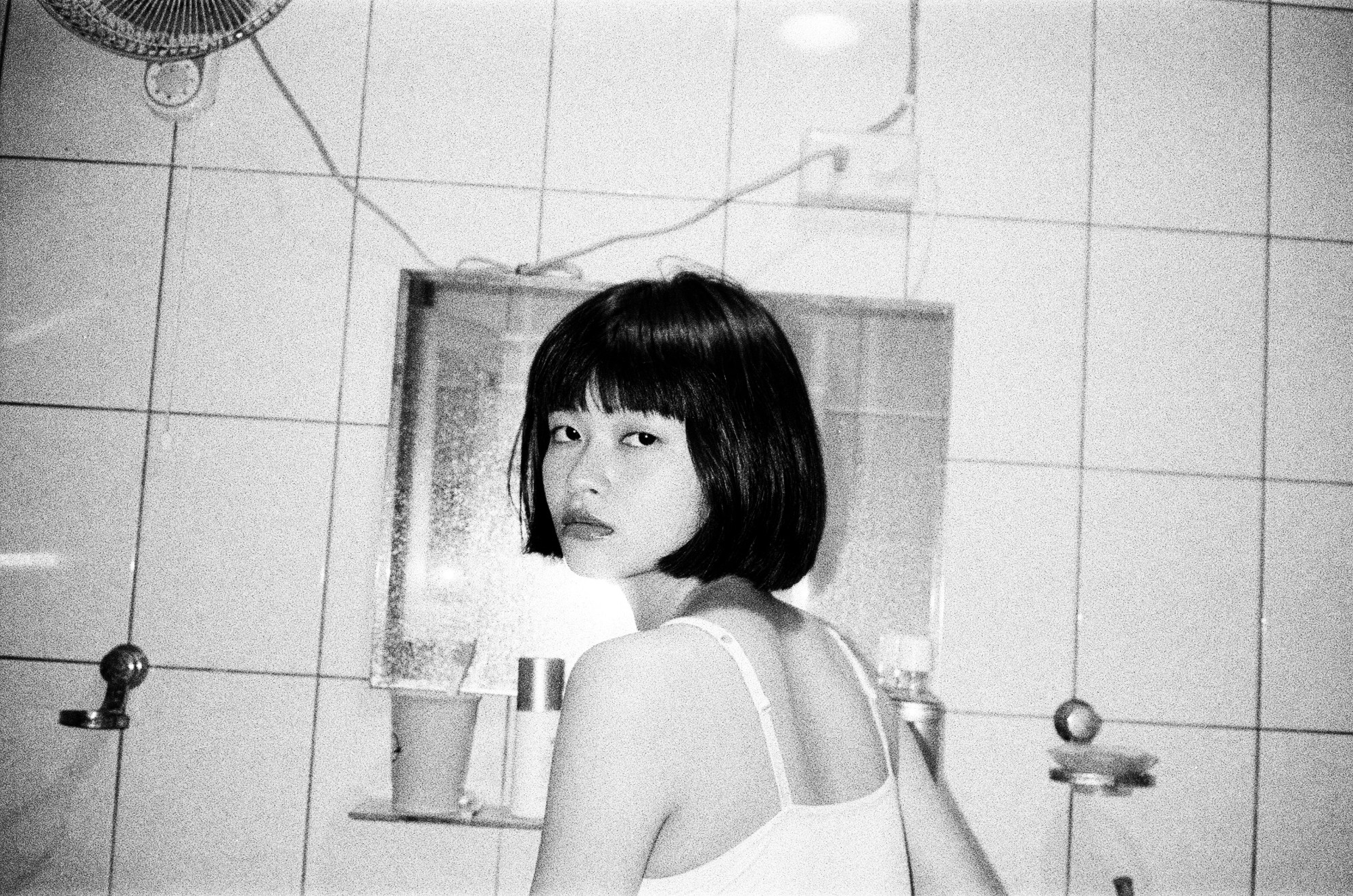
Can you tell me what it’s like growing up in Taiwan?
Before I went to college to study Commercial Design, I lived in Changhua, a relatively rural area compared to Taipei, where I’m living currently. I feel free no matter where I live. Even though living in Taipei and Chunghua are totally different lifestyles, I’m very happy with both of them. In my opinion, the most critical things for growing up are family and education. However, I couldn’t get used to the systems and rules of schools when I was growing up. I’m a very straightforward person, and sometimes I had conflicts with teachers in my school. Luckily, my family is very open-minded. They always support me no matter what, that’s why I can do what I’m passionate about for living.
Can you describe Taiwan to someone that has never been?
Taiwan is a very warm, charming and friendly place. Let me put it this way… if you ever get lost in Taiwan, I’m sure that someone on the street will be very happy to help you. They’ll also probably tell you where to get the best food in the neighborhood.
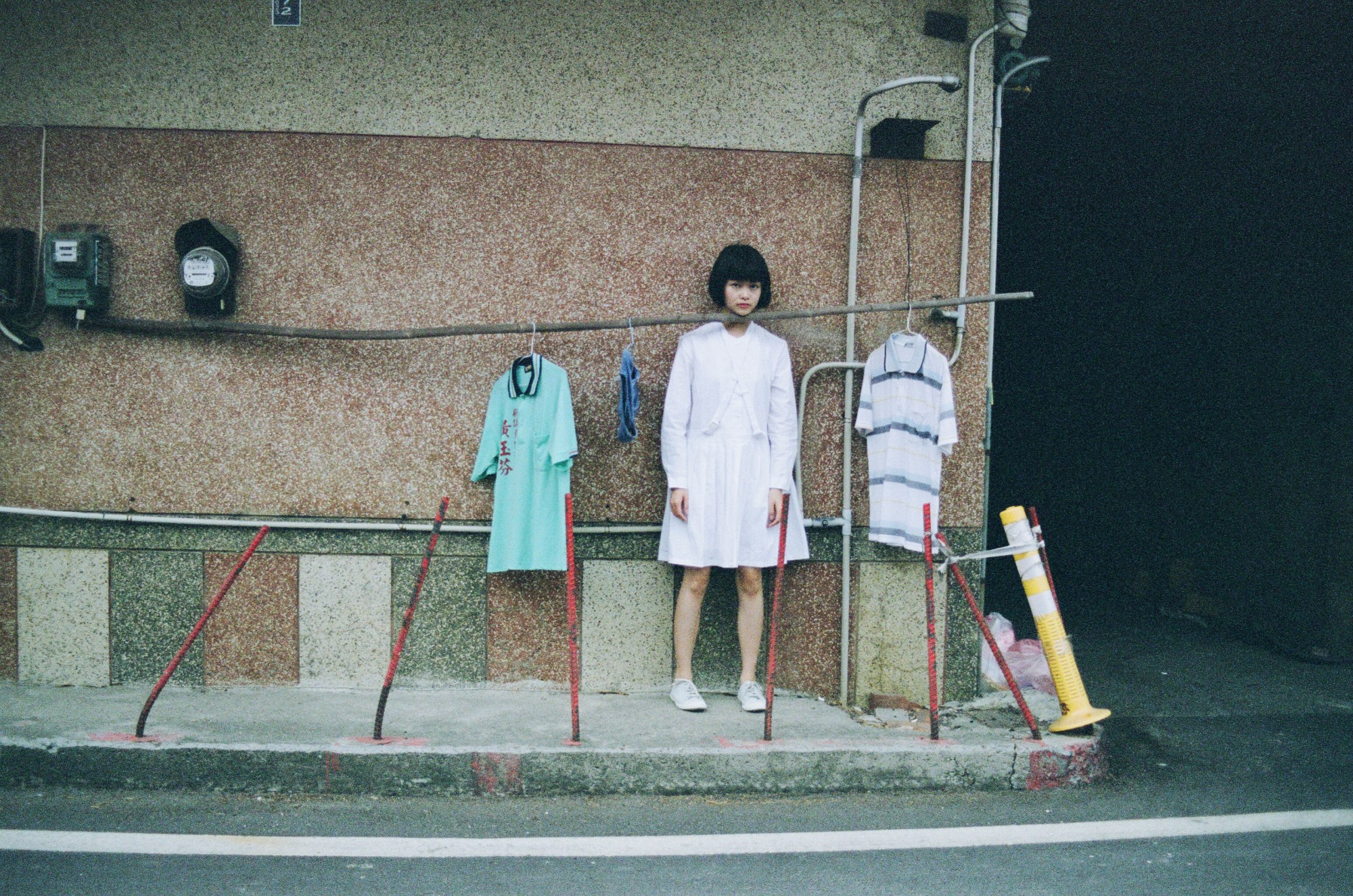
How do your surroundings influence your work?
I’m very sensitive to the flow in an environment, the scent in a space, different noise on the street, a melody of a song and a person’s emotions. I also have an extremely good memory that I can clearly remember things that happened in my life. Maybe because of these personalities, I always have very strong feelings and emotions in reaction to what’s happening in my life. If I revisit a place that I haven’t been in a while, I can always remember everything that happened there the last time I went. I like to transform these kinds of feelings into my photos and that is why the name of my second photography book is Daily.
When did you first pick up a camera?
I started taking photos when I was 17. My first camera is Nikon F401 from my dad. I wasn’t determined to become a photographer at the beginning. However, that changed and I decided to publish a photography book on my own because I want the whole world to see my photos.
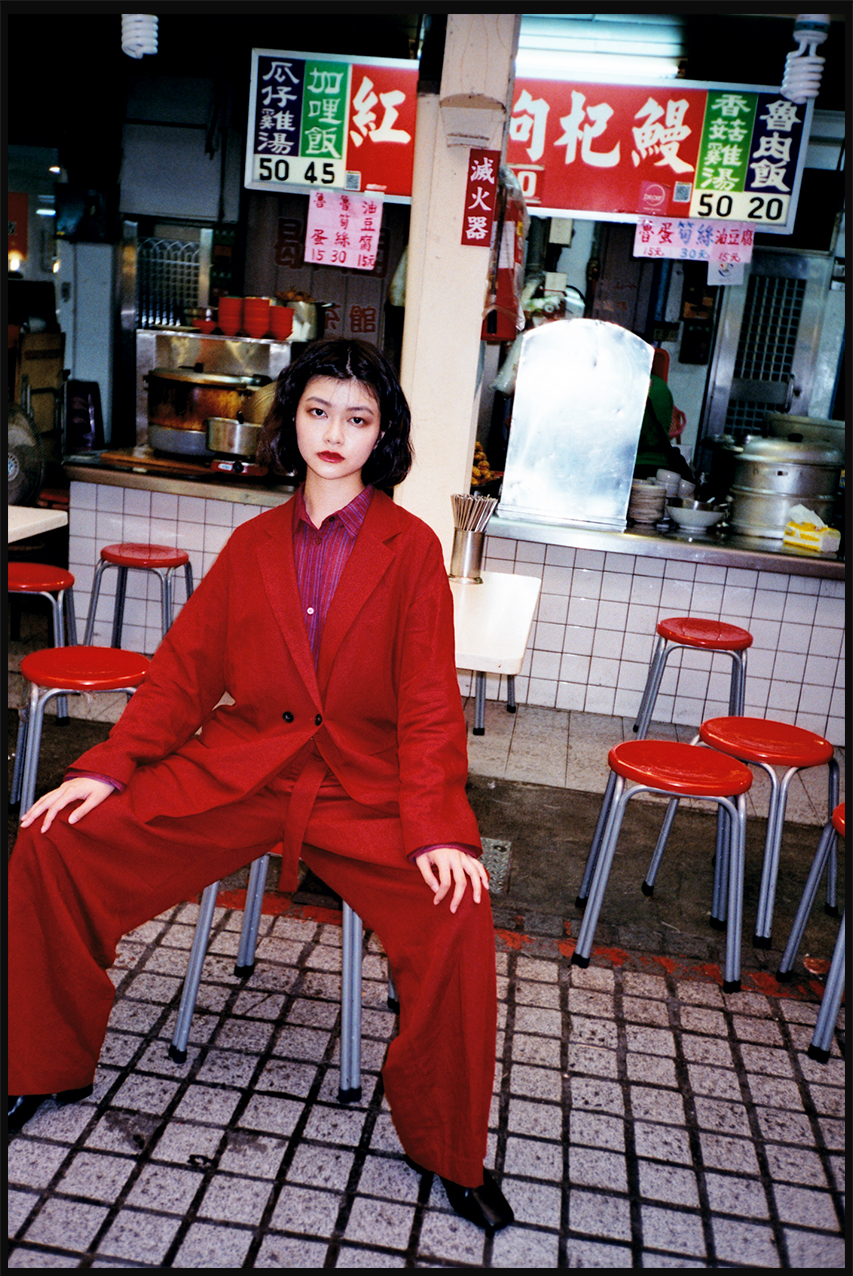
Why do you think you started taking photographs?
It’s hard to say that there is any specific reason for me to start taking photos. Taking photos is just part of my daily life. For me, it’s equally essential as drinking water, eating and sleeping. I think everyone has experience with taking photos, although not everyone has a camera. Photography is my life, I take photos randomly every single day!
What kind of camera do you use now?
I only use film cameras when shooting personal works. I’m a big autofocus camera lover. They are light and they can capture fast. I always take self portraits with Pentax Espio Mini. If I take photos for other people, I like to use Minolta XD, Minolta A7, and Polaroid.
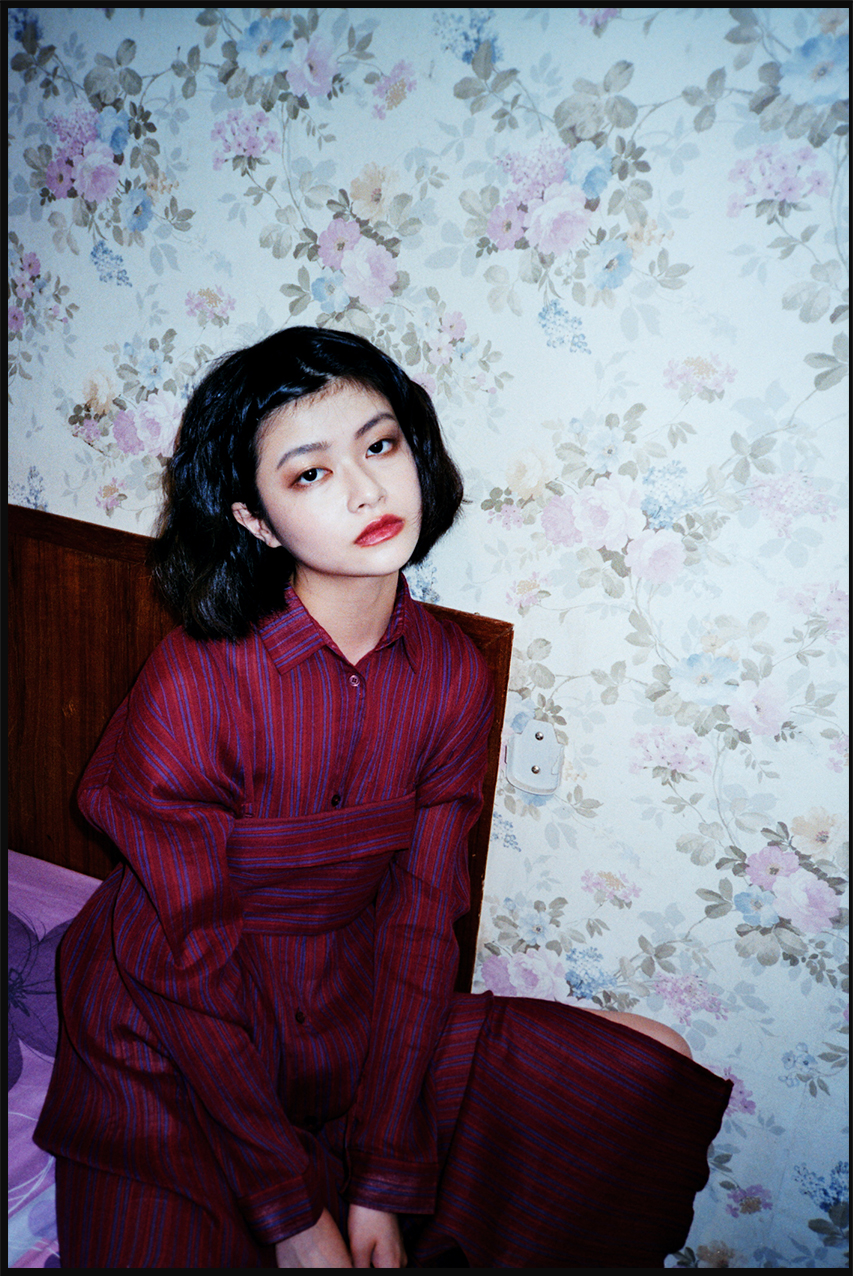
Why do you think so many young photographers today are drawn to film?
Every time you hit the shutter, you have to be very precise. You will have to focus at the moment deeply. I’m addicted to the warm atmosphere and uncertain feelings of films. I believe that’s why so many young photographers are still using film in this digital age.
Most of your work is self portraits. Why did you turn the lens of the camera on yourself?
It’s not only a way to convey my thoughts, but a way of self communication and a way to deliver my imagination and fantasy. Also, shooting myself is very relaxing for me since I don’t have to talk or discuss with anyone. The only thing I need to do is be myself and follow my intuition. I like being photographed. That’s why my job is not only a photographer, but also a professional model.
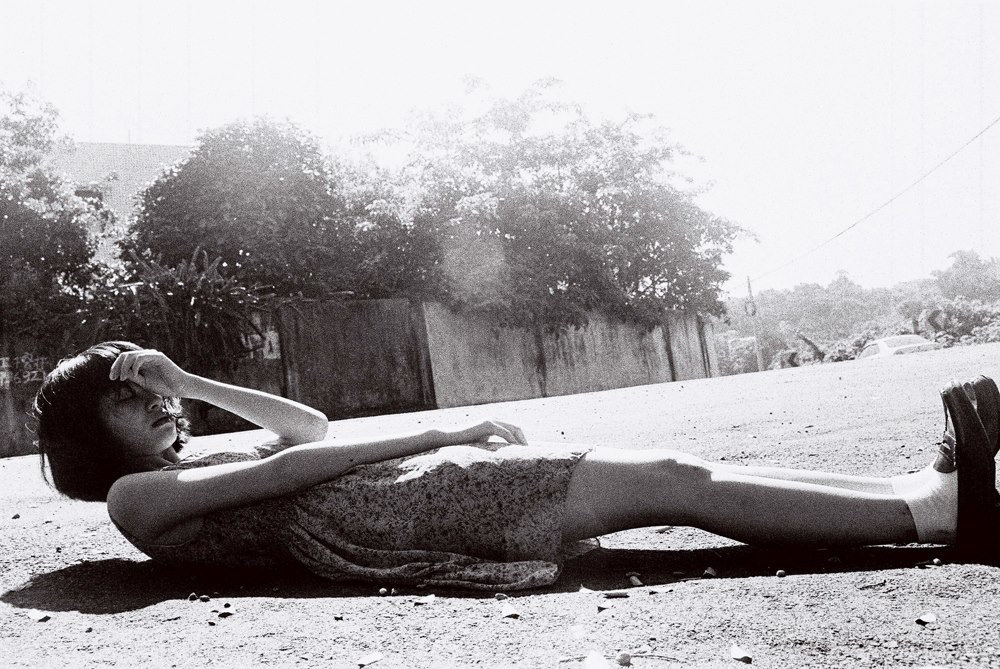
Intimacy is a key theme in the photos, how do you capture that?
I always take photos at some crucial moments. There was one time I started taking self portraits when I was crying during a fight with my ex. If you are shooting someone, it’s very important to feel the emotion of the person. When you sense the flow of the emotion, then that might be the best timing to hit your shutter.
What does beauty mean to you?
Beauty is very abstract. It’s hard to define what beauty is. For me, beauty happens when a person who is full of confidence. Beauty is a person who’s dancing. Beauty is someone filled with spirituality. Beauty could be a feeling, a reality, or everything.
Which photographers do you admire?
Shinoyama Kishin and Helmut Newton. They can always see things beyond their surfaces and capture the spirits of the people.
